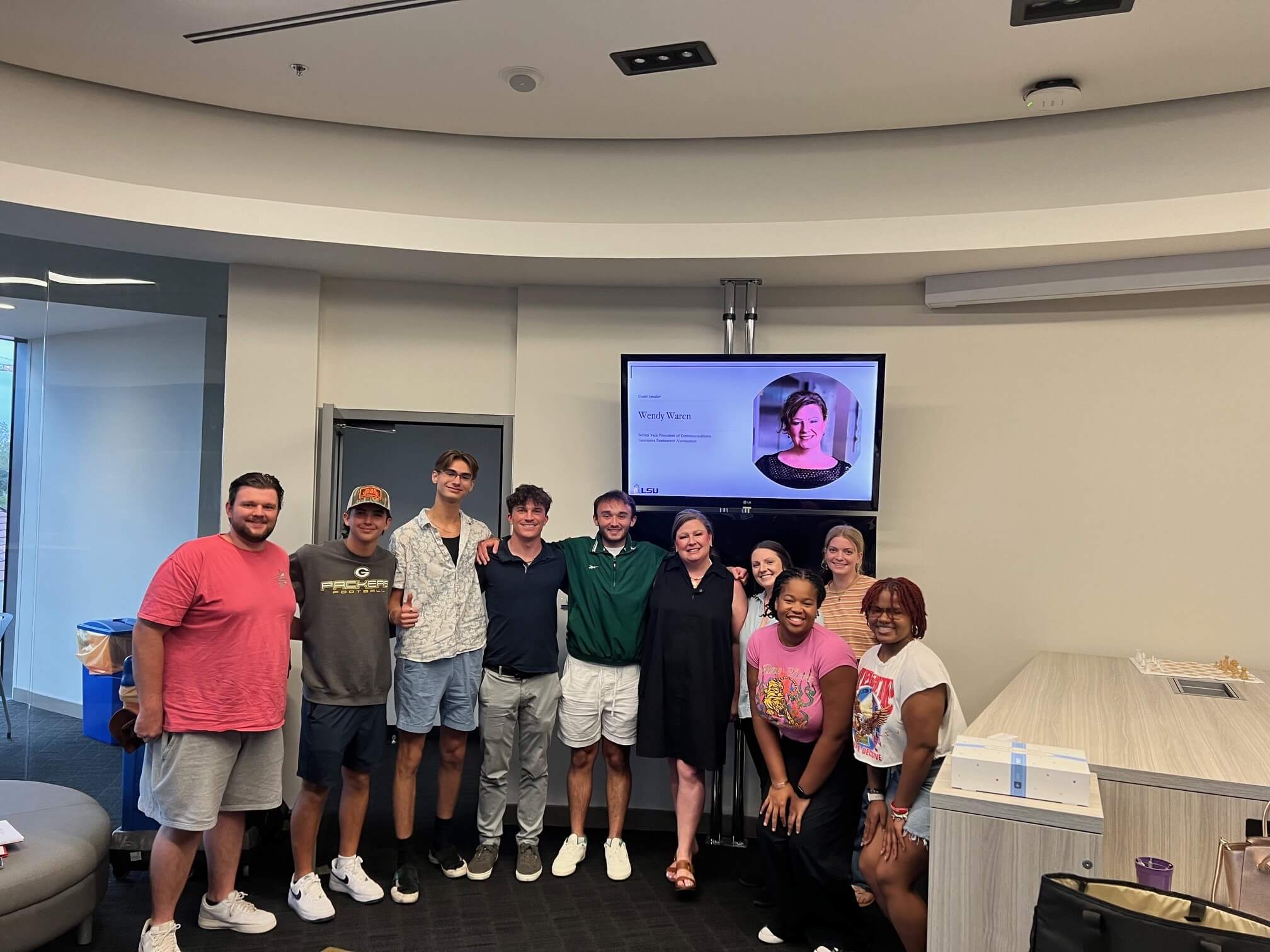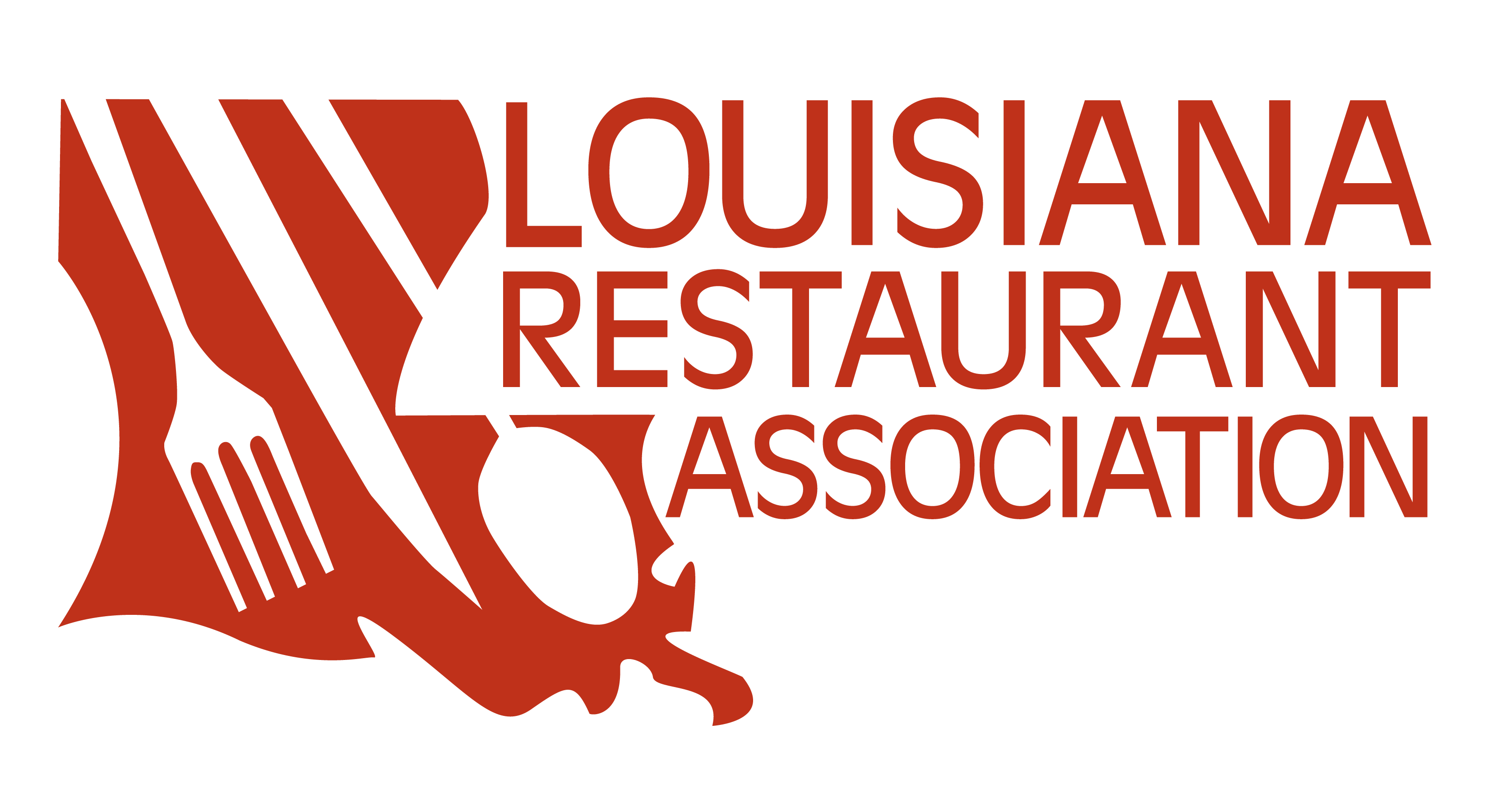Latest News
Where Industry Meets University: City Hospitality Group & LSU Partner on New Restaurant Management Program
Aug 28, 2024

Baton Rouge is gaining a newfound respect for its elevated culinary offerings, with concept restaurants like those under City Group Hospitality (CGH) leading the charge. Now, a groundbreaking partnership between industry and academia is set to further elevate the region’s foodservice sector. This fall, the Louisiana Restaurant Association (LRA) proudly supports the launch of LSU’s Restaurant Management Leadership Development Program (in the Ourso School of Business), a visionary initiative driven by Stephen Hightower, Managing Partner of CGH and GBR Chapter President.
Hightower’s collaboration with Professor Gabe Piccoli of LSU’s E.J. Ourso College of Business began with a shared passion for advancing the restaurant industry through technology and education. The partnership has already yielded valuable insights, such as those published in Piccoli’s Harvard Business Review study, which explored digital transformation in restaurants like Beausoleil Coastal Cuisine, part of the CGH portfolio. This study demonstrated the benefits of university-industry collaborations, providing businesses with expert knowledge and fresh perspectives while offering students hands-on experience.
Shaping the Future
Building on this success, the Restaurant Management Leadership Development Program at LSU is designed to cultivate the next generation of restaurant leaders. The program offers students, hand-selected for their passion and experience, the opportunity to gain in-depth knowledge and make critical industry connections. The inaugural class had the privilege of hearing from Wendy Waren, Senior Vice President of Communications at the LRA, who shared her journey in the restaurant industry and highlighted the LRA’s nearly 80-year legacy of supporting restaurateurs.
As the program unfolds, it promises to be a beacon for those aspiring to excel in restaurant management, bridging the gap between academic knowledge and real-world application. This initiative not only reinforces the LRA’s commitment to nurturing talent but also underscores the vital role that education plays in shaping the future of the restaurant industry.
The partnership between LSU and City Group Hospitality is a testament to what can be achieved when industry leaders and academic institutions come together, paving the way for a vibrant and innovative future in restaurant management.
